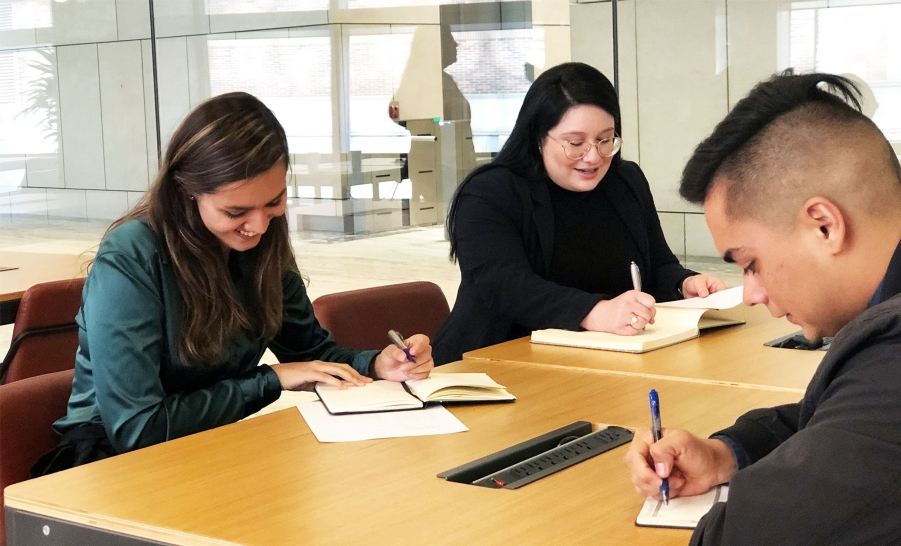First-gen students’ debt, economic stressors, and delayed milestones
The present study examined differences in economic precarity and likelihood of delaying life milestones in a sample of first-generation and continuing-generation doctoral students and graduates in psychology.






